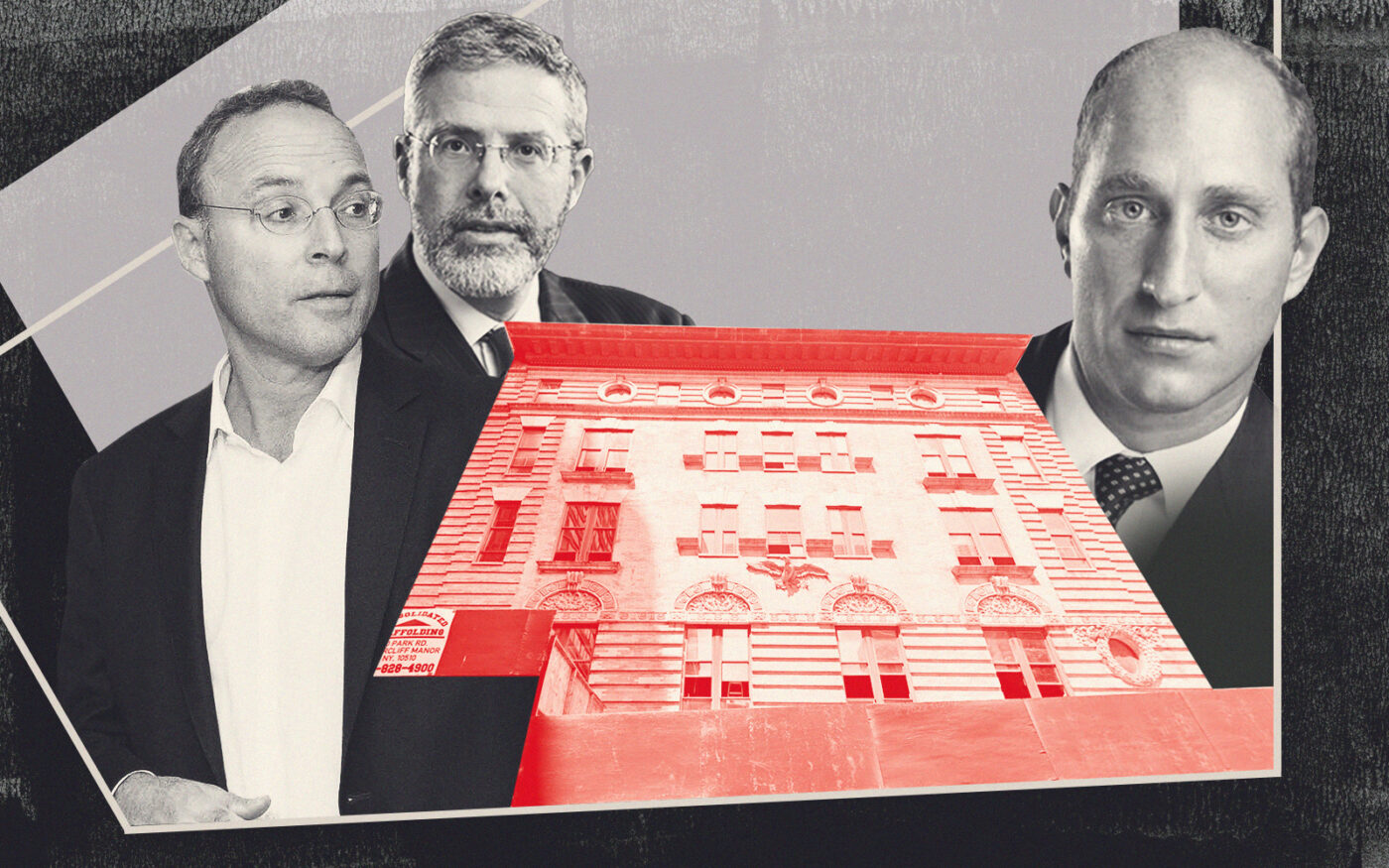The holdout who went to war with Miki Naftali has settled with the developer for a sizable buyout.
The deal lets Naftali proceed with a condominium project and tenant Ahmet Ozsu walk away with a pretty penny, according to his attorney Adam Leitman Bailey.
But Bailey bagged more than a bundle for his client. The lawyer, sued by Naftali for allegedly instigating a media smear campaign against the firm, was entitled to his hardball approach, an appeals court ruled.
The judicial panel on Tuesday also awarded him legal fees under a new law intended to deter frivolous lawsuits.
The saga dates back to the summer of 2021 when Naftali picked up 215 West 84th Street with plans to convert the high-rise rental into luxury condominiums.
Tenants protested the project but eventually moved out. Except for Ahmet Ozsu.
The middle-aged, 15-year penthouse occupant overstayed the expiration of his lease. Naftali sued to evict, then filed a second case demanding $25 million in damages for delaying the $70 million project.
Ozsu applied for emergency rent relief, which paused the eviction proceedings, and tapped Bailey to defend him. Within months, the attorney’s tactics had drawn another suit from Naftali.
The developer’s lawyer, Y. David Scharf, claimed in the lawsuit that Bailey had created a “media circus” to delay the project and squeeze a seven-figure payment from Naftali. At one point, Bailey told the New York Post that Naftali had hired people to yell and spit and Ozsu when he entered and exited the building.
“Frankly, he’s treating this as a game,” Scharf, co-managing partner at Morrison Cohen, told The Real Deal at the time.
Still, at the end of last year, Ozsu settled with Naftali, court records show. A confidentiality agreement precludes the parties from revealing how much the tenant got, but Bailey told The Real Deal it was enough for his client to buy a place.
Naftali’s lawyer in the holdover case, Erez Glambosky of Rivkin Radler, did not respond to a request for comment.
Bailey, meanwhile, battled in court to defend his media strategy, which included persuading the New York Times to write up his client’s travails. A trial judge sided with him on the media smear allegations, but denied the attorney damages or legal fees.
Both sides appealed, and this week the Appellate Division unanimously awarded Bailey costs and attorney’s fees, citing the state’s anti-SLAPP statute.
The law, amended in 2020, holds that a court can dismiss a suit if the plaintiff is a public person whose claim involves public participation. That designation includes “real estate developers … looking to build a new structure,” according to the Digital Media Law Project.
The court ruled Bailey’s comments constituted “an exercise of free speech in connection with an issue of public interest, rather than a purely private matter.”
“Attorneys have to be free to represent their clients zealously, free from knowing they are going to get sued precisely because they’re representing their clients,” Jeffrey Metz, Bailey’s colleague and attorney in the suit, said at a hearing in late May.
Scharf, who also made the media rounds on the holdout drama, said the Appellate Division misapplied the governing statute in two material ways.
“We intend to bring [those] to its attention to correct or seek redress from the Court of Appeals,” the attorney said.
This article has been updated to include a comment from David Scharf.
Read more



